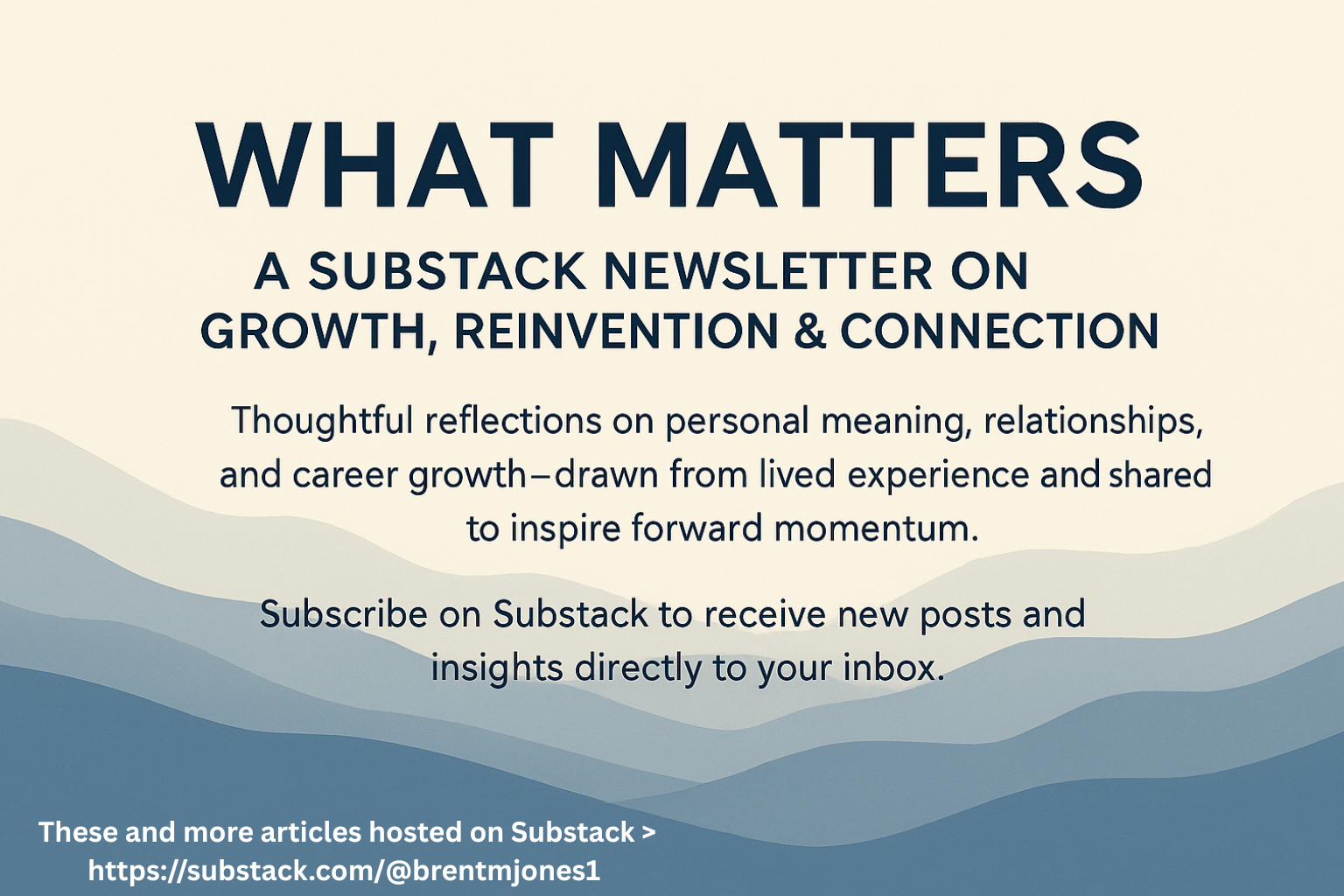Finding a Career That Fits: Why Your Skills and Joy Matter. Rethinking the job search: It’s not just about what you can do—it’s about what you love
Brent M. Jones
Published Author, Writer, Speaker, Career Development Advisor, Consultant, Experienced Business Executive
May 28, 2025
The average person changes careers 12 times. But how often do those changes lead to meaningful work? In today’s evolving job market, the smartest career move may not be “up” or “out”—but toward a role that aligns with who you are.
Reports show that the average person changes careers 12 times throughout their life. With so many career options available, nearly 30% of the workforce changes jobs or roles every year. These shifts reflect modern realities: workers don’t expect long-term job security, and employers don’t always view their teams as permanent.
Traditionally, most job seekers were passive—spending time researching companies, evaluating roles, and reaching out to connections. Similarly, many employers took a slow, steady approach to hiring, waiting for the ideal candidate whose experience, strengths, and mindset matched the role. They understood that hiring for fit—not just for skills—creates long-term value.
But if you’re unhappy in your current job, it may be time to become more proactive. Being inspired to change is a good start. But taking thoughtful, focused action is what helps you move forward toward a role that actually fits.
Many people dream of finding their ideal job. But how do you define it? It starts with looking inward. Ask yourself:
Why do I want to leave my current role?
What skills do I enjoy using most?
What kind of work leaves me energized rather than drained?
Try this: Make two lists—
Skills you’re good at
Skills you enjoy using
Look for the overlap. Jobs that require those shared skills are more likely to be fulfilling and sustainable. That intersection—where strength meets satisfaction—is often where your “dream job” lives.
Sometimes, you may come across an opportunity that excites you but requires new skills. That’s okay—as long as those skills are ones you’re eager and able to learn. However, if the gap involves areas you’re unlikely to master—or simply don’t enjoy—then it’s probably not a great fit.
Fair or not, perception plays a role in the hiring process. Employers often view candidates who are currently employed as more desirable, seeing them as still in demand. On the flip side, unemployed candidates—however qualified—may be unfairly judged as overly eager or less competent.
That’s why it’s so important to position yourself strategically. Whether employed or not, your resume, cover letter, and conversations should show:
A clear understanding of the company’s needs
Alignment between your skills and the job requirements
Excitement about the role—without sounding desperate
Key Takeaway:
Success often comes down to two things:
Doing what you enjoy
Doing what you’re good at


